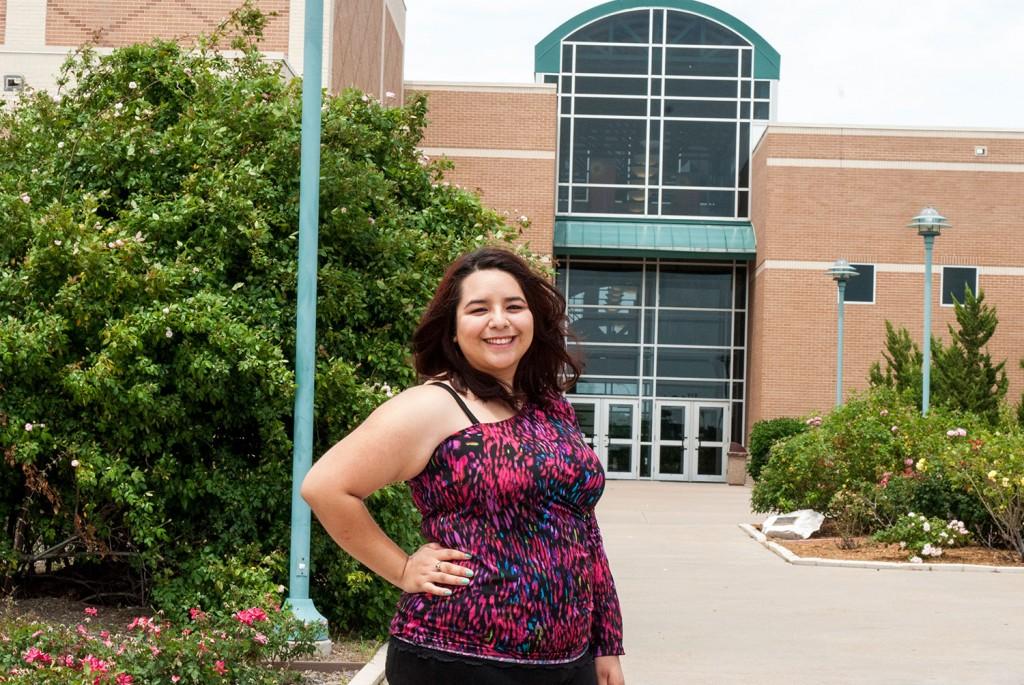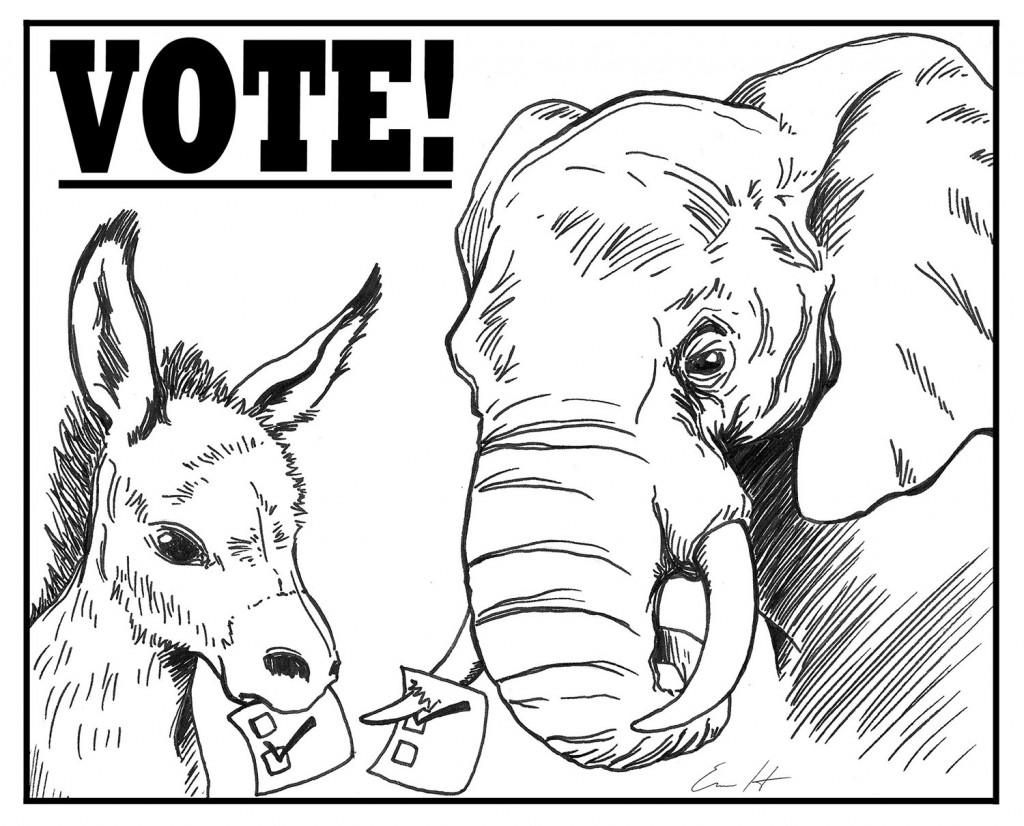By Z. Poe Doyle/reporter
Unruly, severely disturbed children were the focus of Love and Logic: Techniques for the Professional Sept. 6 on NE Campus.Educators and mental health professionals were given tools for dealing with children who some find hard to control. Using videos, group discussions and a step-by-step process, attendees learned that using empathy is one possible alternative to more traditional methods.
Cynthia Savage, NE assistant professor and mental health coordinator, led the diverse group ranging from first-semester students to practicing professionals through an introduction to the Love and Logic system.
After a video of system co-founder Charles Fay, Savage told the group how to use empathy to defuse an out-of-control youth.
Attendees were then asked to split into groups of three to discuss responses children give when being disrespectful.
“Awww, but you never listen to me,” “You don’t understand me” and “You don’t ever let me do anything” were some of the contributions.
Instead of the usual reactions to these, Savage said using empathy can work wonders. She said remaining calm is potentially the best response one can give the arguing child.
“When the child is arguing, simply say, ‘I love you too much to argue.’ And if they continue, keep repeating, ‘I love you too much to argue with you’ or something like ‘As soon as you’re calm, I can talk to you,’” she said.
Participants then discussed other common complaints and arguments used by children and teens along with empathic responses parents and educators can use when wishing to retain their authority and defuse the tension.
Deeper into the presentation, the psychology of a complaining child was brought up, which explained how the argument is usually meant to coerce the adult into a particular action, usually a “want” of the youth.
To combat this, adults must realize that their limits should not be redefined to accommodate the desires of the arguing child. Instead, adults need to respond with empathic statements such as “That’s a good argument, but your last one was better” or “I argue at 6 a.m. on Saturdays.”
Students interested in careers in mental health or counseling can call Savage at 817-515-6614.

























